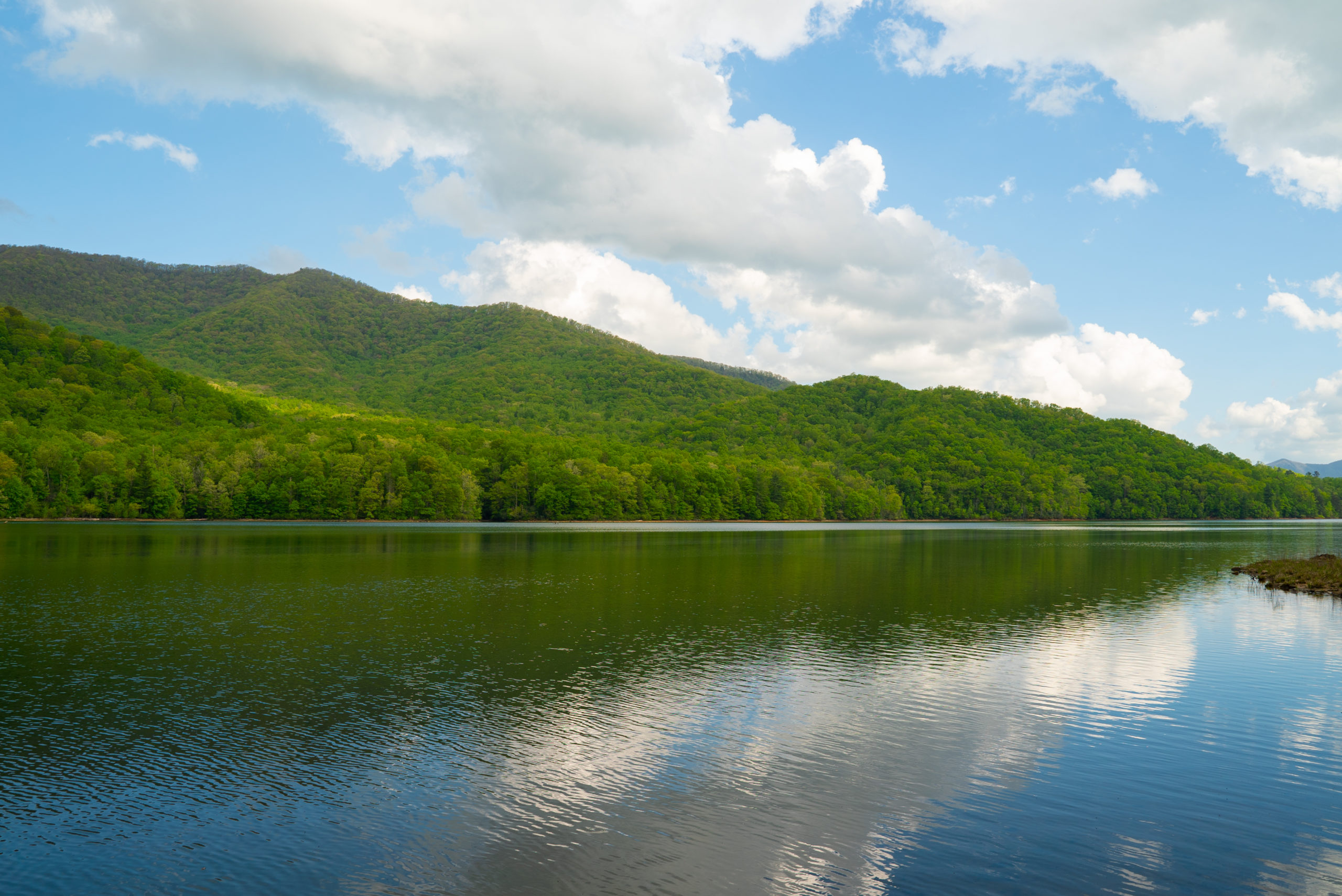The 2021 budget for North Carolina has been passed with bipartisan support by the NC legislature, and officially signed by Governor Cooper, in a huge win for conservation. This legislation will substantially increase funding for land acquisition projects; major investments in parks, trails, and open space statewide; and new investments to advance resilience planning and floodplain protections that will help communities facing the impacts of climate change.
With a total of nearly $200 million for resilience and more than $300 million for conservation projects, this is the greatest investment in conserving North Carolina communities since before the Great Recession in the late 2000s.
What Does This Mean for Our Work?
Since 2018, CTNC has been a leader among conservation groups across the state dedicated to achieving special funding for a statewide resilience planning initiative. In partnership with our colleagues at Environmental Defense Fund, NC Conservation Network, The Nature Conservancy, The Conservation Fund and many others, we collectively have brought models from other states and our own examples of working with communities to make the case for funding these critical projects. Collaborative partnerships and bipartisan support, like that fostered by the Land for Tomorrow Coalition, ensure we all move conservation forward in ways that benefit communities.
Through this funding and the other resources it will attract, we hope to collaborate with additional
partners to:
- Provide resources and funding to local governments to create resilient strategies to protect their communities.
- Assist every small community across the state in creating flood plans, and with funding to implement. We are already a key advisor to the state on a resilience handbook for communities.
- Create jobs in rural communities to restore and build natural infrastructure and other adaptive measures to reduce flood risk.
- Prioritize economic investment in local communities, so they thrive.
The 2021 State Budget includes:
Land and Water Fund
This is the primary source of grants allowing hundreds of local governments, state agencies, and conservation nonprofits to protect clean water and conserve ecologically, culturally, or historically significant lands. This investment will directly benefit acquisitions and easements sought along the Blue Ridge Parkway.
- $49.5 million new revenue in FY21-22 and $51.5 million new revenue in FY22-23
- $15 million in FY21-22 specifically for projects to protect & restore floodplains to reduce flood risk
Parks and Recreation Trust Fund
This fund supports land acquisition and improvements within the State’s park system. PARTF is the main funding source for local parkland acquisitions, facility improvements, and public beach and estuarine access.
- $45.5 million new revenue in FY21-22 and $45.5 million new revenue in FY22-23
- $10 million new revenue in FY21-22 specifically for local parks projects to increase access for persons with disabilities
Additional Funding for Community Resilience
In recognition of North Carolina’s continued and increasing exposure to the impacts of climate change — particularly storms and flooding — this funding launches a new critical level of statewide planning and investment to support the resilience of our communities.
- Nearly $200 million in resilience investments to reduce the risk of catastrophic flooding.
Other Highlights
- $40 million for a Coastal Storm Damage Mitigation Fund
- $25 million for a Small Project Mitigation and Recovery Program
- $20 million to create a “statewide Flood Resiliency Blueprint”
- $15 million to the Land and Water Fund for floodplain projects
- $15 million for a Disaster Relief and Mitigation Fund
- $15 million for a Transportation Infrastructure Resilience Fund
- $4 million for a Dam Safety Emergency Fund
- $3.5 million for floodplain pilot projects
- $1.15 million to the Resilient Coastal Communities Program
TAKE ACTION
We’ve thanked legislators for these sweeping investments in conservation, but they want to hear from you, the people they represent. Join us by sending a short thank-you note to your local lawmakers for investing in our state.

